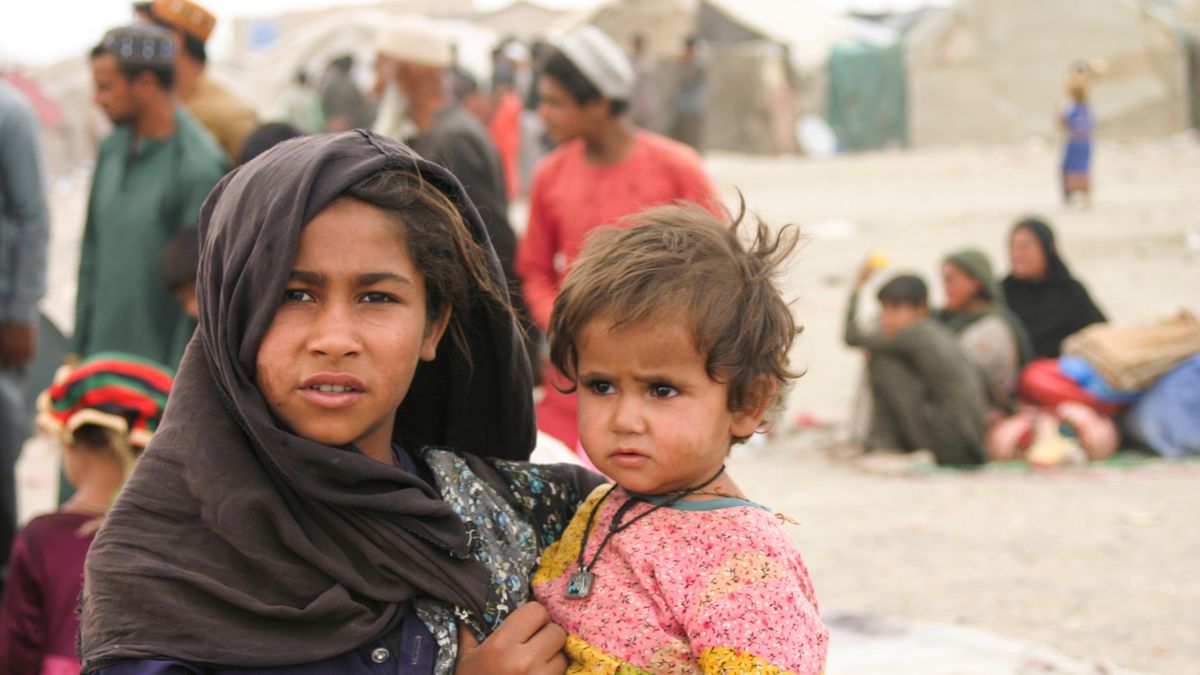“The Islamic Emirate is trying to put in place a mechanism that is in line with Islamic principles and national interests. After that, the schools for our sisters will reopen,” the official said.
He also stressed that the country “is in a new stage that requires the cooperation and empathy of the nation,” according to what was tweeted by Vice Speaker Bilal Karimi.
Mujahid stressed that “the Islamic Emirate has made great efforts to solve political and ethnic problems through dialogue” and added that “After the jihad against the occupation, the jihad for the development of the country will begin.”
“The new Afghanistan has emerged after the war. We are waiting for the start of major development projects,” said the spokesman, and assured that “God willing, Afghanistan’s economy will grow in less than six months.”
Mujahid’s remarks came just over a week after the Minister for the Propagation of Virtue and the Prevention of Vice, Sheikh Mohamad Khaled Hanafi, claimed that the Taliban are spurring on girls’ right to education and assuring that they are creating a “framework” so that “boys and girls can continue their education in separate places.”
“Islam is not against education, but it is against education without jihad,” he emphasized.
“The Islamic Emirate is creating a framework in which boys and girls can continue their education in separate places,” he concluded.
It is not the first outrage by the Taliban movement against freedom of expression and women’s rights.
A week ago, they banned the broadcast of a number of television programs, most of which feature women, according to a statement from the Afghan Ministry of Islamic Guidance.
Last September, when the secondary schools reopened, they banned the attendance of female students and teachers.
Since their return to power on August 15, following the flight of the then president, Ashraf Ghani, the Taliban have tried to reassure Afghans and the international community by ensuring that women’s rights would be respected.
But these assertions are not reflected in the decisions of the new government, in which there are no women or representatives of other political groups in Afghanistan.
Despite this, Deputy Prime Minister Abdul Salam Hanafi stressed last October that this government “is inclusive” and added that the fundamentalist group tried to incorporate all ethnic groups and social sectors into the new authorities.
It is feared that the same situation will occur as when the Islamists ruled, between 1996 and 2001.
At that time, the radical Islamist movement carried out a particularly repressive policy towards women, prohibiting them from working, studying, playing sports or walking alone on the street.
The deep crisis that Afghanistan has been experiencing for decades, worsened last August after the chaotic withdrawal of US troops and the seizure of power by the Taliban movement.
Source From: Ambito
David William is a talented author who has made a name for himself in the world of writing. He is a professional author who writes on a wide range of topics, from general interest to opinion news. David is currently working as a writer at 24 hours worlds where he brings his unique perspective and in-depth research to his articles, making them both informative and engaging.




